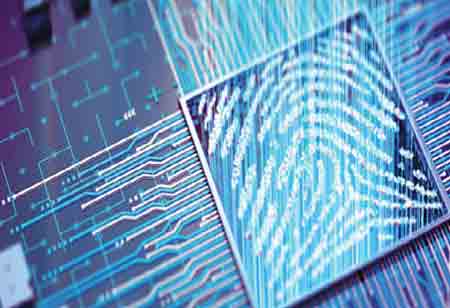THANK YOU FOR SUBSCRIBING
How IoT Helps You Foster Your Ecommerce Business
Cloud-based technologies such as GPS and RFID (Radio Frequency Identification) also provide retailers with data such as traffic status, weather, location, and personnel identities, allowing for more efficient logistics management.

By
Apac CIOOutlook | Tuesday, December 14, 2021
Stay ahead of the industry with exclusive feature stories on the top companies, expert insights and the latest news delivered straight to your inbox. Subscribe today.
Cloud-based technologies such as GPS and RFID (Radio Frequency Identification) also provide retailers with data such as traffic status, weather, location, and personnel identities, allowing for more efficient logistics management.
Fremont, CA: The introduction of Internet of Things (IoT) devices has resulted in a corresponding shift in the e-commerce space, as consumer lifestyles continue to evolve and become more adaptable.
Similarly, the increasing rate at which online shoppers have adopted the internet has seen e-commerce grow steadily, and it is expected to be the future of retail as the majority of growth occurs in the digital space.
Here are some of the most promising ways in which eCommerce can gain from IoT.
Improved Tracking and Logistics
With IoT, retailers gain greater visibility into the order fulfillment process, allowing them to meet the demands of online shoppers.
IoT technology allows e-commerce retailers to track customer orders from the moment they are placed to the moment they arrive at the customer's door.
Retailers can now track each piece of inventory using management systems, allowing them to automatically locate the goods no matter where they are.
Cloud-based technologies such as GPS and RFID (Radio Frequency Identification) also provide retailers with data such as traffic status, weather, location, and personnel identities, allowing for more efficient logistics management.
It also aids in the automation of shipping and delivery, thereby eliminating the problem of missing shipments and optimizing vehicle routes.
Automated Management of Inventory
To know what is in and out of stock, e-commerce retailers prefer to have control over the items leaving and entering their warehouses.
With IoT sensors and RFID tags installed in inventory systems, business operations can be greatly simplified, and retailers no longer need to hire store managers to physically check merchandise because they have real-time information on their stock.
In this way, IoT benefits e-commerce by collecting and transmitting new and relevant data on items to ERP systems.
It also minimizes human error when taking inventory and ordering/reordering items.
Furthermore, with smart shelves and temperature-monitoring sensors, retailers can not only track inventory but also check optimal temperatures for perishable items and receive instant alerts when they are needed.





